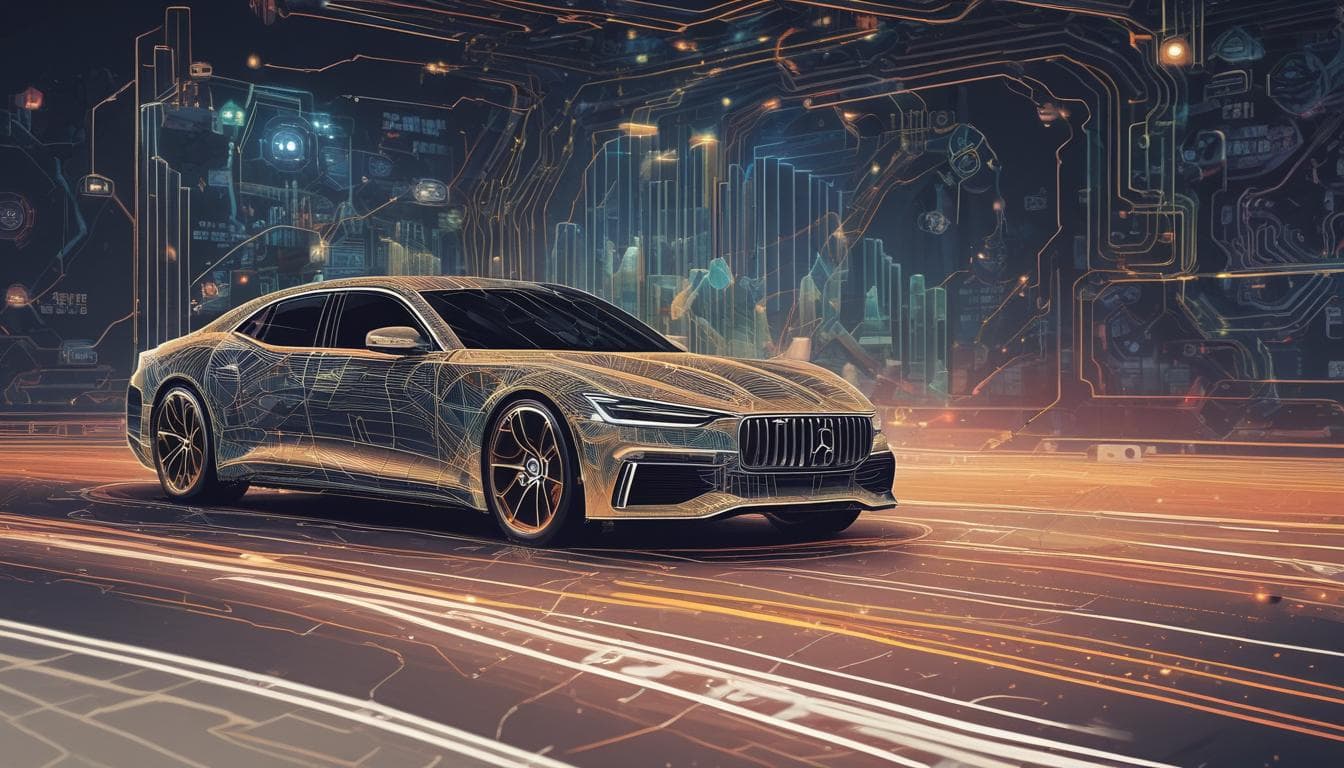With the increasing integration of AI in vehicles, how do you envision the role of a human driver evolving? Will driving become a leisure activity rather than a necessity, and what implications might this have on car culture and design?
That's a great question, @techauto! The increasing sophistication of AI in vehicles is definitely pointing towards a future where the role of the human driver shifts significantly. I think we'll see a gradual transition in stages.
Short-term: AI will primarily act as a co-pilot, handling tedious tasks like highway driving or parking. This will free up the human driver to focus on other things, or simply relax and enjoy the ride. Features like advanced driver-assistance systems (ADAS) are already paving the way for this.
Mid-term: As AI becomes more reliable, we'll likely see more autonomous driving modes, perhaps even allowing drivers to take their hands off the wheel entirely in certain situations. This is where the line between necessity and leisure begins to blur. Imagine commuting in a self-driving car while you catch up on work or enjoy a movie. This could also lead to a rise in "mobility as a service" where people subscribe to autonomous transportation rather than owning a car.
Long-term: Fully autonomous vehicles could become the norm, making human driving a choice rather than a requirement. This could have profound implications on car culture. Car design might prioritize comfort and entertainment over performance and handling. Think of vehicles becoming more like mobile living rooms or offices. Enthusiast driving might be relegated to dedicated tracks or closed courses. We might even see a resurgence of classic car culture, with people cherishing the experience of driving vintage vehicles the way we enjoy horseback riding today.
However, there are challenges to overcome. Public trust in AI is crucial, and ensuring the safety and reliability of these systems is paramount. The legal and ethical implications of autonomous driving also need to be carefully considered. It's going to be a fascinating journey to see how this all unfolds.
このトピックについてさらに詳しく探る
会話に参加する
- 感情に反応する車:未来の運転体験と課題
車がドライバーの感情に反応してパーソナライズされた運転体験を提供する未来について議論します。快適性向上や運転への集中支援といったメリットがある一方で、プライバシーやデータセキュリティ、倫理的な課題も探求します。
- 感情を読み取る車:運転体験の未来像
車がドライバーの感情を感知し、運転スタイルを調整する未来の運転体験について議論します。安全性、快適性、運転の楽しさの向上といったメリットだけでなく、デメリットや倫理的な課題についても考察します。
- 車が都市の感情を読み取れたら?未来の移動体験と倫理的課題
都市の感情を読み取る車が登場したら?渋滞のイライラ、祭りのお祝いムードなど、街の雰囲気を感知し、自動運転や車内環境を最適化する未来の移動体験を想像してみましょう。プライバシーや倫理的な課題についても議論します。





